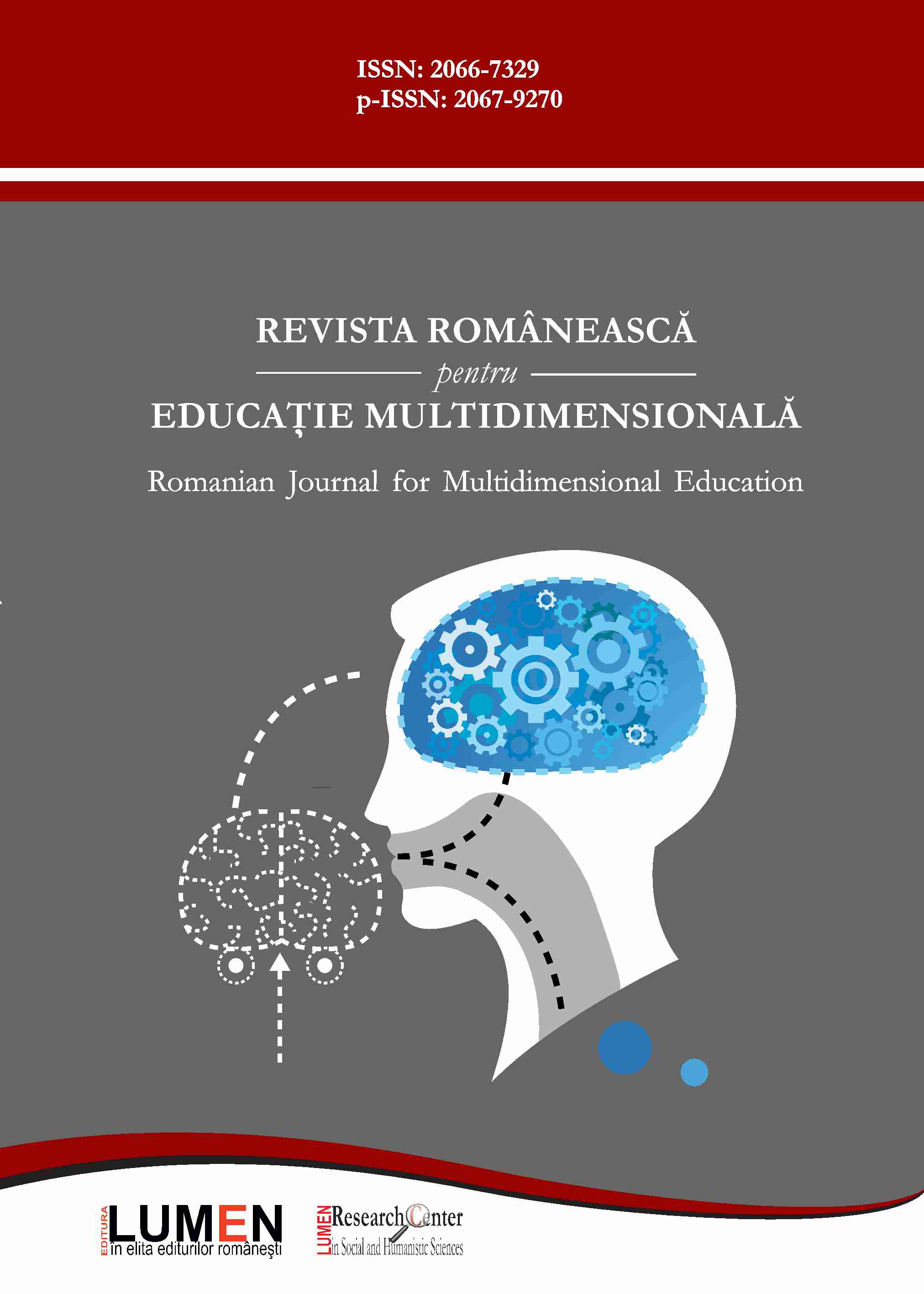Mentoring and Coaching in the Training of Teachers for the New Ukrainian School
Mentoring and Coaching in the Training of Teachers for the New Ukrainian School
Author(s): Tetiana Hurkova, Anna Lozenko, Olha Hroshovenko, Alla Tsapko, Yuliia Yevgenivna Zubtsova, Nataliіa OnyshchenkoSubject(s): Social Sciences, Education, School education, Cognitive Psychology, Behaviorism, Inclusive Education / Inclusion, Pedagogy
Published by: Editura Lumen, Asociatia Lumen
Keywords: Modernization of education; classical paradigms of teaching; models of peer counseling; learning systems; behaviorism; cognitivism and constructivism;
Summary/Abstract: The relevance of the chosen topic of the article is determined by the fact that at the time of development of postmodern society there is a growing awareness of the need for innovation in the educational process, the use of mentoring and coaching in training teachers for the New Ukrainian School and in building teacher-student relationships. The purpose of the article is to study and substantiate the importance of mentoring and coaching in the training of teachers for the New Ukrainian School, identification of common features and differences in the concept of coaching and mentoring. The article analyzes connection of three didactic theories with the phases of mentoring and coaching in the training of teachers for the New Ukrainian School, presents collegial models of counseling in the New Ukrainian School, defines common and different features in the concepts of coaching and mentoring. In the field of work with young professionals, with students within the New Ukrainian School, the terms mentoring, coaching and tutoring are used as forms of counseling. In a broad sense, mentors can coach, but it is very difficult for a coach to become a mentor. On the other hand, mentors and coaches can become tutors, but tutors are unlikely to become coaches or mentors. In order to guide and advise young professionals, students in a contemporary educational institution, the criteria of tutoring, coaching will be considered, characteristics of behaviorism, cognitivism and constructivism will be defined and the characteristics of building relationships in the perspective of these didactic theories will be presented.
Journal: Revista Românească pentru Educaţie Multidimensională
- Issue Year: 14/2022
- Issue No: 4 Sup.1
- Page Range: 171-186
- Page Count: 16
- Language: English

